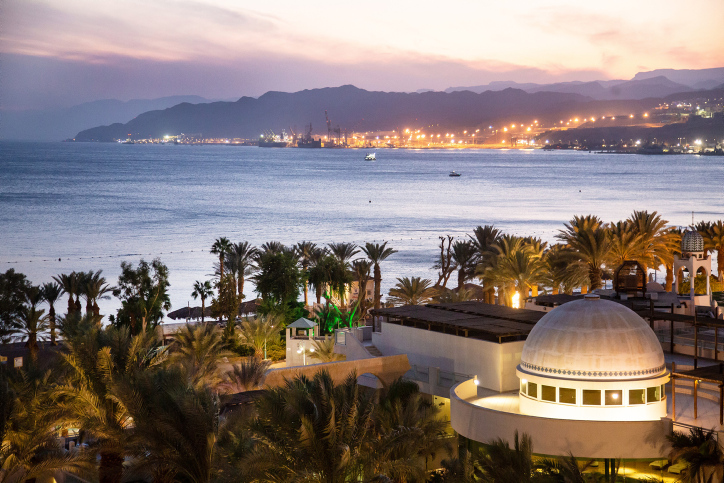The Red Sea resort town, known for its family-friendly hotels and nightlife, is a popular destination for both foreign and domestic tourists during the Jewish holidays.
By Lauren Marcus, World Israel News
Eilat usually hosts thousands of tourists during the Passover holiday. The Red Sea resort town, known for its family-friendly hotels and nightlife, is a popular destination for both foreign and domestic tourists during the Jewish holidays.
This year, Eilat’s hotels and beaches are empty, and the economic fallout from the coronavirus crisis has devastated Israel’s southernmost city.
Now, Eilat is one of Israel’s top cities for unemployment, with official numbers placing the city at 70 percent.
However, those counts don’t include self-employed people or municipal workers, and Israel Hayom reported that the real number of unemployed people in Eilat has reached 85 percent. Of the city’s 60,000 residents, 80 percent work in the tourism industry.
On March 15th, the Israeli government formally shuttered all hotels in the country. Fifty hotels in the city closed, sending some 6,000 employees onto the welfare rolls.
At the same time, many attractions and businesses dependent on tourism shut down, from restaurants reliant on tourists, scuba diving and boating excursions to shopping malls.
Last year, during the Passover holiday of 2019, there were nearly 20,000 daily visitors at Eilat’s Mall of the Sea, one of the most popular and economically successful shopping centers in Israel. This Passover, the mall is closed.
Eilat’s mayor Meir Yitzhak Halevi remains optimistic even while speaking of a “mega disaster” situation. He is working with Knesset members and ministers to keep the city afloat.
“We are one of the cities with the least coronavirus patients, but unless the government gives us answers and solutions in April, I don’t know what May will look like. The city is in a state of paralysis,” he said.
Shabtai Shai, CEO of the Eilat Hotels Association, spoke to Israel Hayom about his fears for the city’s economy over the next few months. “We’re talking about the biggest crisis ever for the city. Everything depends on how and when the lockdown restrictions are lifted,” he said.
“Even if we go back to work in May or June, people are not going to be rushing to take a vacation in Eilat. Even when that eventually does happen, it won’t be in numbers like before.”
Moshe Revivo, the owner of a beachfront restaurant on Eilat’s boardwalk for more than 35 years, said, “The entire city is shut down and nobody has any income.”
“Businesses are closed, the boardwalk is empty, you don’t even see dogs wandering around, and the cats are starving to death,” he said.
Shai Kisos, owner of water sports rental company Kisoski Beach, said to Israel Hayom, “On Passover last year, we worked all day until the late hours of the night. Now, there’s nothing.”


